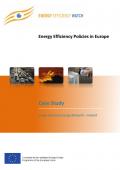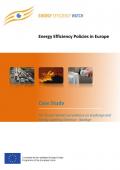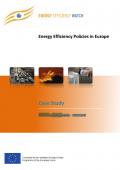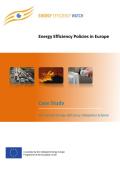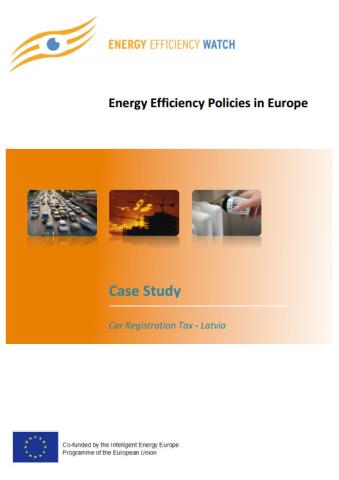
If a new car is registered in Latvia, the passenger car registration tax applies. For calculating the tax amount, the scheme takes into account CO2 emissions. It is because of the car registration tax in Latvia. The taxation scheme has been in force since 2004 but only since 2009 the tax amount has been based on car-related emissions; no end year set. No quantitative targets were set but the general objective is to prevent the purchase of cars with high CO2 emissions and, hence, of energy-inefficient cars; pricing externalities. It is focused on reducing the carbon footprint of Latvia's passenger car fleet. The innovativeness is estimated as high: The registration tax for new cars takes into account the CO2 emissions of the car. The tax rate is low for cars with a low CO2 emission but increases disproportionately high for cars with high CO2 emissions.
This research from the Energy Efficiency Watch 3 project informs on the progress of EU Member States with regards to energy efficiency policies. The core objective of EEW3 is to establish a constant feedback loop on the implementation of European and national energy efficiency policies and thus enable mutual learning on effective policy making across the EU. It compiles 28 country reports, provides strategic conclusions for more effective policies and presents 10 case studies of well-established policy packages and a Feedback Loop Report. It thereby intends to improve the implementation of European energy efficiency policies on the energy demand side.

